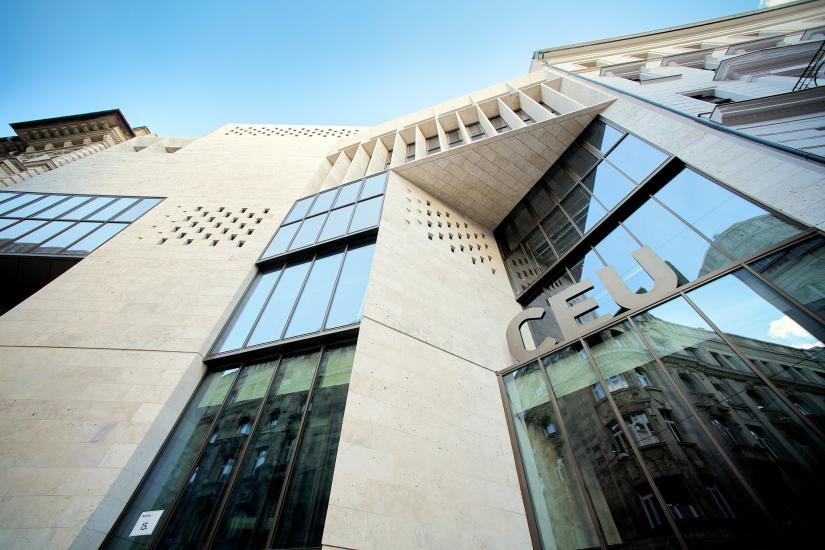
Religion was at the heart of early modern diplomatic practice. Religious ideas and texts suffused diplomatic rhetoric and theory. Religious rituals punctuated diplomatic practice, structuring aspects of diplomatic sociability and the ceremonial that was integral to forging, maintaining, and changing the relationships between polities. In 1500, English diplomacy took place with other Catholic, European powers. Two sixteenth century developments complicated the role of religion in English diplomatic practice. First, England’s Break with Rome (1534) and subsequent reformations transformed the locus of English diplomacy from Rome and raised a number of important issues about how diplomacy could be conducted in a multi-confessional Europe. Secondly, English diplomatic links expanded to incorporate Russia, the Ottoman Empire, Morocco, and several South Asian polities. Thus by 1600 the English were engaging in cross-confessional diplomacy with polities that observed several different Christian and Muslim confessions, many of which considered them heretics or infidels. Cross-confessional diplomacy brought considerable challenges. Issues such as immunity, reciprocity, and the right to worship were brought into sharp relief. Was it easier to offer limited freedom of religion to those you considered infidels, rather than those you saw as heretics or apostates? Fundamental questions also arose about participation in, even the very nature of, diplomatic rituals. Self-evidently English diplomats sent to Constantinople or Moscow had to adjust to unfamiliar rituals as they learned how to operate in political cultures. But disagreements over legitimate religious authority and ceremonial marked several of England’s relationships within Europe too. This paper examines how the English government and its agents adapted to diplomatic encounters across confessional boundaries.
Tracey Sowerby is the author of Renaissance and Reform in Tudor England: The Careers of Sir Richard Morison c. 1513-1556(2010) and co-editor of Practices of Diplomacy in the Early Modern World c.1410-1800 (forthcoming in 2017). She has published widely on early modern print culture, political culture, and the early English Reformation. She is currently writing two books about the cultural history of diplomacy for Oxford University Press and editing two volumes of essays about the relationship between diplomacy and literature in the Renaissance.